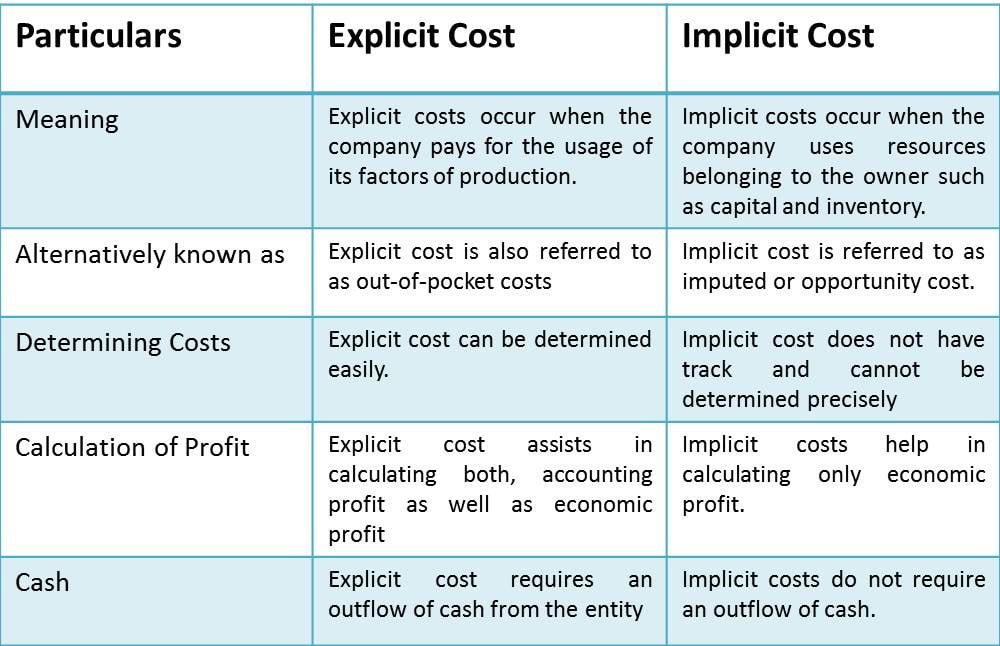Microeconomics is the study of individuals and business decisions, while macroeconomics looks at higher up country and government decisions. Definition: Microeconomics is the study of individuals, households and firms' behavior in decision making and allocation of resources. It generally applies to markets of goods and services and deals with individual and economic issues. Description: Microeconomic study deals with what choices people make, what factors influence their choices and how their decisions affect the goods markets by. Macroeconomics (from the Greek prefix makromeaning large economics) is a branch of economics dealing with the performance, structure, behavior, and decisionmaking of an economy as a whole. This includes regional, national, and global economies. Macroeconomists study aggregated indicators such as GDP, unemployment rates, national income, price indices, and the interrelations among the. Microeconomics Wikipedia, the free encyclopedia Microeconomics From Wikipedia, the free encyclopedia Microeconomics (from Greek prefix mikro meaning small and economics) is a branch of economics that studies the behavior of individual households and firms in making decisions on the allocation of limited resources (see scarcity). Except where otherwise noted, content on this site is licensed under a Creative Commons Attribution 3. org are trade names of the Constitution Foundation, a 501(c)(3) organization through which our educational activities are conducted. Principles of Microeconomics [ Preface [. The goal of this book is to explain how people interact economically, understanding the relationship between people, supply and. There is a lot of terminology this week. We will introduce of the concept of elasticity of demand that measures the responsiveness of quantity demanded to a change in the price of a good. MICROECONOMICS EIGHTH EDITION Robert S. Pindyck Massachusetts Institute of Technology Daniel L. Rubinfeld University of California, Berkeley Boston Columbus Indianapolis New York San Francisco Upper Saddle River 14. 01 Principles of Microeconomics is an introductory undergraduate course that teaches the fundamentals of microeconomics. This course introduces microeconomic concepts and analysis, supply and demand analysis, theories of the firm and individual behavior, competition and monopoly, and welfare economics. Students will also be introduced to the use of microeconomic applications to. : the study of the economic decisions and actions of individual people, companies, etc. Study of the economic behavior of individual units of an economy (such as a person, household, firm, or industry) and not of the aggregate economy (which is the domain of macroeconomics). Microeconomics is primarily concerned with the factors that affect individual economic choices, the effect of changes in these factors on the individual decision makers, how their choices are coordinated by. the branch of economics dealing with particular aspects of an economy, as the pricecost relationship of a firm. Microeconomics is the branch of economics that analyzes market behavior of individuals and firms in order to understand their decisionmaking process. Microeconomics Principles from University of Illinois at UrbanaChampaign. This course offers an introduction to the functions of individual decisionmakersboth consumers and producerswithin the larger economic system. Weather has an impact on the sales of certain products, and new research shows that timely adjustments in price and advertising can make it possible for firms to increase profits. This is a branch of economic science that focuses on a robust body of scientific research. Microeconomics topics cover the study of demand and supply of a. Discover the best Microeconomics in Best Sellers. Find the top 100 most popular items in Amazon Books Best Sellers. The definition of microeconomics is the study of how all of the elements in an economy function together. By taking this free microeconomics course, youll be exposed to the economic way of thinking. Youll understand how to use economics in your life and, ultimately, see the world differently. Microeconomics Microeconomics refers to more individual or company specific studies in economics. How businesses establish prices, how taxes will impact individual decision making, the concept of supply and demand. The purpose of this course is to provide you with a basic understanding of the principles of microeconomics. At its core, the study of economics deals with the choices and decisions that have to be made in order to manage scarce resources available to us. GettyThe billionaire boom is not a sign of a thriving economy but a symptom of a failing economic system said Winnie Byanyima Oxfam Internationals executive director The people who make our. Microeconomics definition, the branch of economics dealing with particular aspects of an economy, as the pricecost relationship of a firm. Lecture Notes 1 Microeconomic Theory Guoqiang TIAN Department of Economics Texas AM University College Station, Texas (gtian@tamu. edu) August, 2002Revised: February 2013 The Economist's Dictionary of Economics defines microeconomics as the study of economics at the level of individual consumers, groups of consumers, or firms noting that the general concern of microeconomics is the efficient allocation of scarce resources between alternative uses but more specifically it involves the determination of price through the optimizing behaviour of economic. Microeconomics is all about how individual actors make decisions. Learn how supply and demand determine prices, how companies think about competition, and more! We hit the traditional topics from a collegelevel microeconomics course. The strength of microeconomics comes from the simplicity of its underlying structure and its close touch with the real world. In a nutshell, microeconomics has to do with supply and demand, and with the way they interact in various analysis moves easily and painlessly from one topic to another and lies at the center of most of the recognized subfields of economics. An overview of introductory microeconomics. Learn the key principles of economics and how to apply them to the real world and the AP exam. Before we dive into the principles of microeconomics, we need to define some of the major ideas that lie at the heart of economics. What, for example, is the economic way of thinking. Studies the decisions that households and businesses make, and the market outcomes that result. The core ideas in microeconomics. Supply, demand and equilibrium. Learn for free about math, art, computer programming, economics, physics, chemistry, biology, medicine, finance, history, and more. Khan Academy is a nonprofit with the mission of providing a free, worldclass education for. This book helped me understand some microeconomics concepts that were very superficially explained in the other book recommended for the course. Here is a topicbytopic listing of the available study notes for the microeconomics topics for Year 1 (AS) A Level Economics here on tutor2u. : a study of economics in terms of whole systems especially with reference to general levels of output and income and to the interrelations among sectors of the economy compare microeconomics Principles of Microeconomics Overview. The Principles of Microeconomics exam covers material that is usually taught in a onesemester undergraduate course in introductory microeconomics, including economic principles that apply to the behavioral analysis of individual consumers and businesses. The internship program is designed to bring graduate students to either the New York or Cambridge labs for 10 weeks. Microeconomics is the study of particular markets, and segments of the economy. It looks at issues such as consumer behaviour, individual labour markets, and the theory of firms. Macro economics is the study of the whole economy. It looks at aggregate variables, such as aggregate demand. Course Summary Economics 101: Principles of Microeconomics has been evaluated and recommended for 3 semester hours and may be transferred to over 2, 000 colleges and universities. Definition of microeconomics the part of economics concerned with single factors and the effects of individual decisions. Many instructors of microeconomic theory have been waiting for a text that provides balanced and indepth analysis of the essentials of microeconomics. X Exclude words from your search Put in front of a word you want to leave out. For example, jaguar speed car Search for an exact match Put a word or phrase inside quotes. Why should you learn economics? Put simply, it's becasue it will make you a better decision maker and help you see the unseen. Economics is the study how we deal with scarcity so we can use our. News A style guide for the code in the micEcon project is now available. ; Further news about the micEcon project are available at the project's RForge site. micEcon is an extension package for the language and environment for statistical computing and graphics called R. ; micEcon provides functions for microeconomic analysis and microeconomic modelling. The field of economics that deals with smallscale economic activities such as those of an individual or company Use economic models to learn how prices and markets benefit society in the face of scarcity, and then apply those models to analyze policy. Microeconomics is one of the main fields of the social science of economics. It considers the behaviour of individual consumers, firms and industries. Microeconomics is a branch of economics that. Explore timing and format for the AP Microeconomics Exam, and review sample questions, scoring guidelines, and sample student responses. Paul Krugman's grasp of economics in action and his uncanny way of translating complex issues into everyday terms have made him the most widely read economist writing for the general public today..











